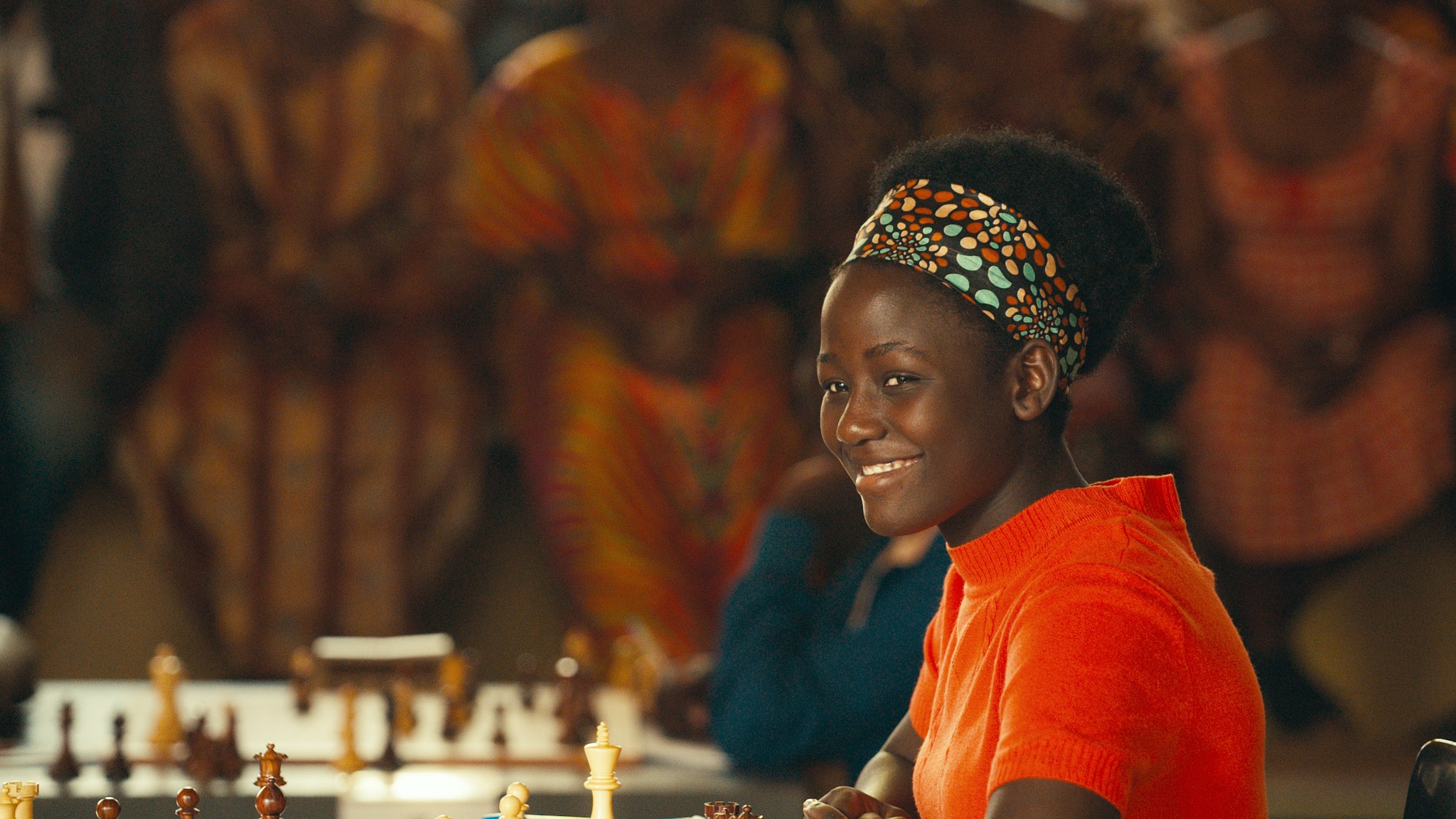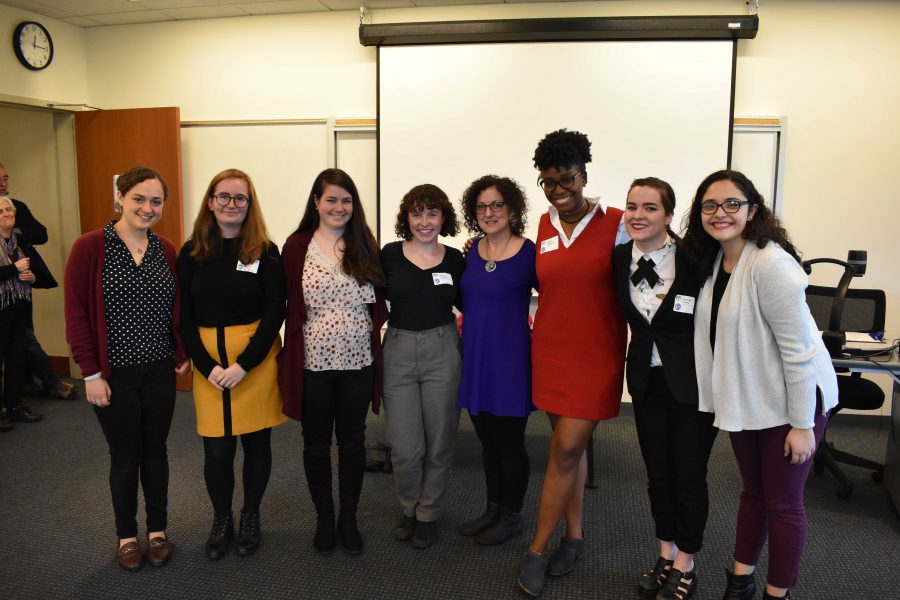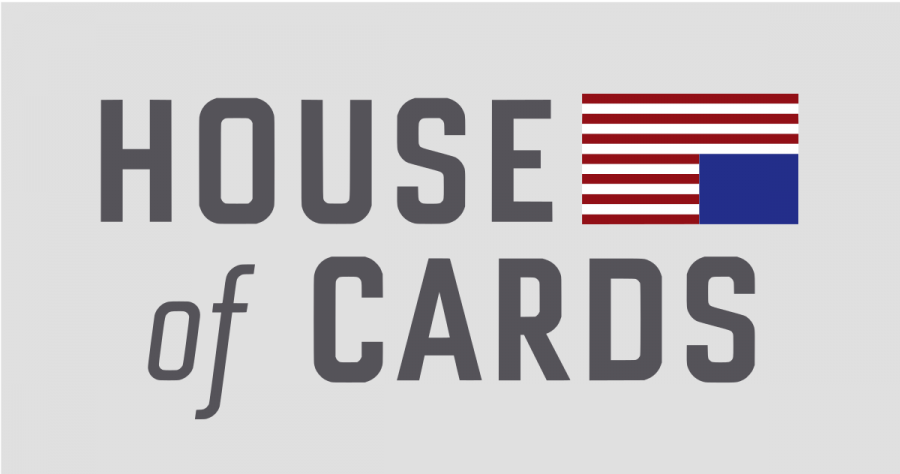By Jess Pupo
Staff Writer
Tuesday night, November 7, Simmons hosted a screening of the Disney movie “Queen of Katwe.” The movie tells the story Phiona Mutesi and how she came to be a master chess player and represent her neighborhood Katwe and her country Uganda. She was taught to play chess and was mentored by Robert Katende, a fellow Ugandan from her city Kampala who moved back to teach young people.

Katwe is an area in the city of Kampala where Katende first brought chess with the SOM Chess Academy. Through the program, Katende also empowered and prepared students for formal education and created pathways for them to become students of classrooms when they likely may not have had the opportunity otherwise.
Phiona first started with the SOM Chess Academy at nine years old. When she first saw chess, she thought it was gambling because she had never been exposed to the game. Just months from that first meeting with the chessboard and Katende, she was surpassing those who had been at the game for years. Within a few years, she was winning tournaments and championships against opponents much older and experienced in chess. Through competing internationally, she became a national pride for Uganda.
After the movie screening, the attendants were honored with the presence of Phiona Mutesi, Uganda’s true “Queen of Katwe,” and Robert Katende themselves for a question-and-answer session, followed by an informal chat. When the Q+A began, there was initially a silence that fell upon the room when no one volunteered a question. A hand went up and an attendant captured the feeling of the room by saying that she felt star struck. Having the people who inspired the film in front of you made it hard to think of questions from the awe. Laughter swept the room and heads nodded in agreement to the sentiment. The tension in the room was lifted and slowly more hands began to join and questions were asked of the two.
Their presence added an extra level of understanding. Phiona shared how humbling watching her story travel was, as it was first told in a book and later made into a movie produced by Disney. She discussed how odd it is for her and her family coming from nothing where no one knew their story, to having a movie that has reached across the world. To her the most humbling experience is when people come up to her and cite her as the reason they did not give up in pursing their dream because she inspired them with her story.
Katende also spoke about how odd it is to see his story replayed. Though he lived the events of the movie, he finds it hard not to get affected emotionally by watching those moments acted out. He remarked that every time he watches the movie, he tells himself that it will be the day he doesn’t cry, but always ends up crying. He partially attributes this to the fact that he helped in the making of the movie. Playing a part helped him feel more comfortable in how the story was being told.
A young woman in the audience raised her hand to share how Phiona’s story touched her. As a Ugandan, she said how she related to the story—the only difference is she doesn’t play chess. The room laughed at the last comparison, but her comment led to Katende speaking to the true meaning of the movie, saying that that the movie is not about chess but about life. He emphasizes that you do not have to know chess to enjoy the movie or relate to the story. “You might not know how to move the pieces, but you play chess everyday,” he says. In the challenges we face everyday, we are constantly making calculations, strategizing, and making choices accordingly. “If you don’t play the board, you play the life chess.












